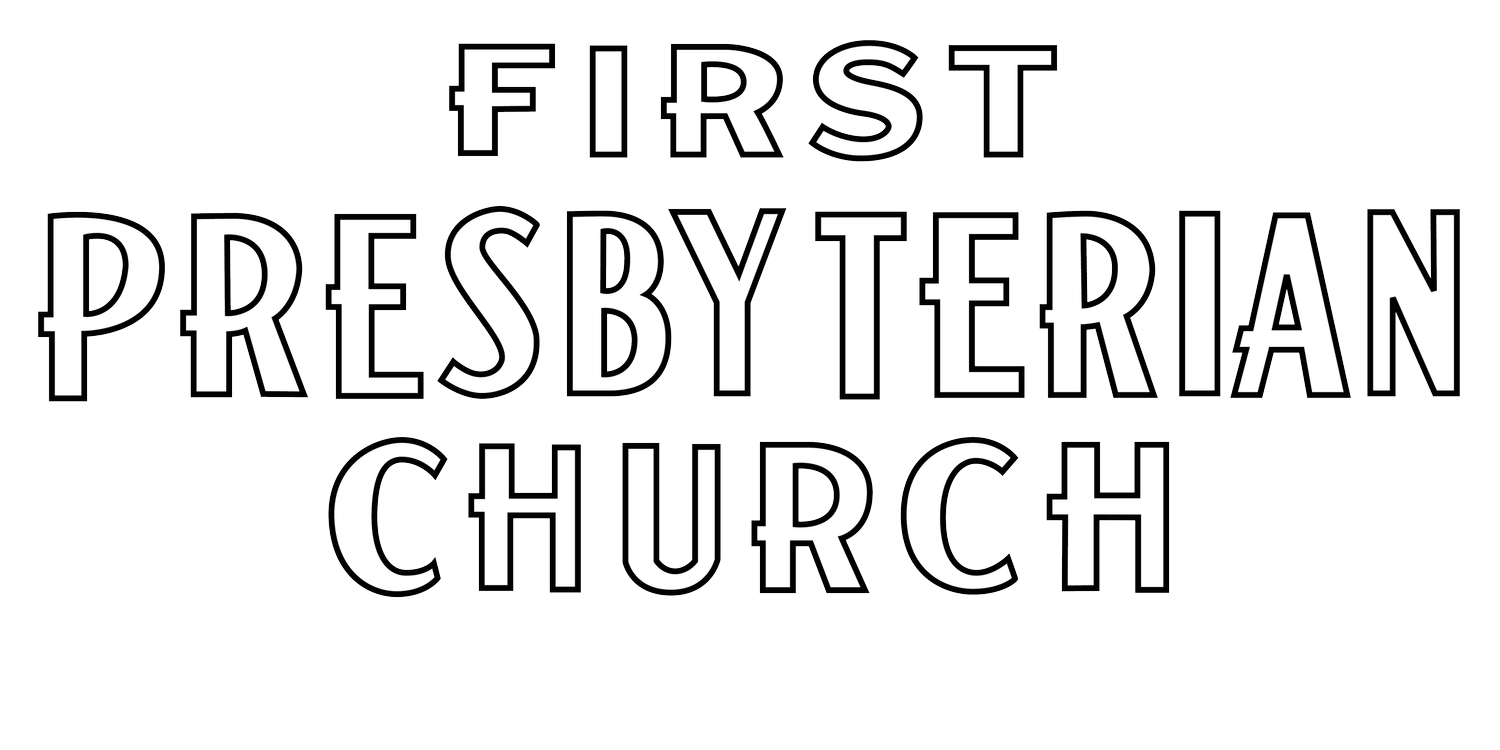Mary
One of my favorite Bible characters is a woman named Mary — Mary Magdalene. One who knew her might have told her story as follows.
“Mary was a bright little girl raised in a good family. She attended religious services weekly with her family; she learned and did all the right things.But when she was a teenager something went wrong. Noone knows how or why, but somehow she opened herself up to evil, evil that took up residence in her body. An evil presence that some call “demons” — seven of them, in fact. These forces terrified her, controlled her, but in some odd way did something for her — at least at first.
But then they began to destroy her, to turn her into something less than a person. She became a shameful and shame-filled thing that everyone gawked at, made fun of, avoided. Parents in her little town of Magdala warned their children not to be like her, not even to go near her. She was scary, with her body becoming like a haunted house.
Then one day something changed. Then one day everything changed. A religious — or maybe I should say non-religious, teacher came to town. This teacher had a reputation for noticing people like her, for helping people like her, for freeing people like her. But Mary didn’t know if she really wanted to be helped, plus she was too ashamed to ask.
But there she was, squatting in the dust on a road outside her village, not far from the cave she lived in. And there he was, walking toward the town, then suddenly stopping. Seeing her. Noticing her. Stopping to ask her her name. She couldn’t remember, and wouldn’t have told him even if she could, for fear that he’d talk about her by name like everyone else did. But the onlookers shouted in scorn, “Mary. Mary. Her name’s Mary - Bitter, Bitter,” which is what her name means.
None dared get near her in those days, and certainly not touch her (at least in a caring way). But this man first came near, then to everyone’s shock, reached out and touched her. Touched her. Not roughly. Not abusively. Not seductively. But tenderly. And then he spoke. He spoke her name: “Mary, Mary, Mary - be free.”At those words Mary shrieked, writhed, shook, and trembled, then layed still, quiet. She looked, to everyone’s amazement, no longer broken but whole, no longer tormented but tranquil, no longer haunted but happy.
Now Mary no longer screams down our streets in Magdala. But has been heard sweetly singing in the morning sun.”
That is the story of Mary, as told by a neighbor. As we trace her story in the Gospel accounts, we learn that:
She travelled with a group of women, who used their own money to feed Jesus and his friends.
She followed Jesus everywhere, even traveling a week’s journey to be with him in his final days.
She followed him all the way to the cross, standing near it at great risk to herself.
She followed him beyond his cross to his tomb, which is where we find her on what we now call Easter Sunday.
There is much that has been said, and even more could be said today, about the resurrection story found in John 20:1-16. But I want to condense this blog post down to just one word: “Mary.”
When Mary mistook Jesus for the gardener and asked where he had hidden the body she sought, Jesus’ reply was simply, “Mary.” When she heard her name spoken as only Jesus could speak it, she immediately recognized him. Just think of all that Jesus could have said to her in that moment. He could have reminded her of the many times he had predicted his death and resurrection. He could have chided her for not remembering those words or for not believing them. He could have exhorted her to now become a more committed Christian, based upon this garden disclosure. But he did none of these things. He simply said her name.
Years ago, my wife, Margaret, and I, visited a beautiful little old church on Maine Island, B.C., the Church of Mary Magdalene. After that visit, I wrote the following poem, summarizing the life of this marvelous woman, and inviting us to be like her.
Magdalene
The Church of Mary Magdalene
beckons as its namesake
to come be free of all that binds
all other loves forsake.
To wait on him in mundane ways
then still to stay nearby
when sickened by his blood-streaked face
when haunted by his cry.
And then to venture to the tomb
and find he is not there
Alive — he calls you now by name
and lays to rest your fear.
